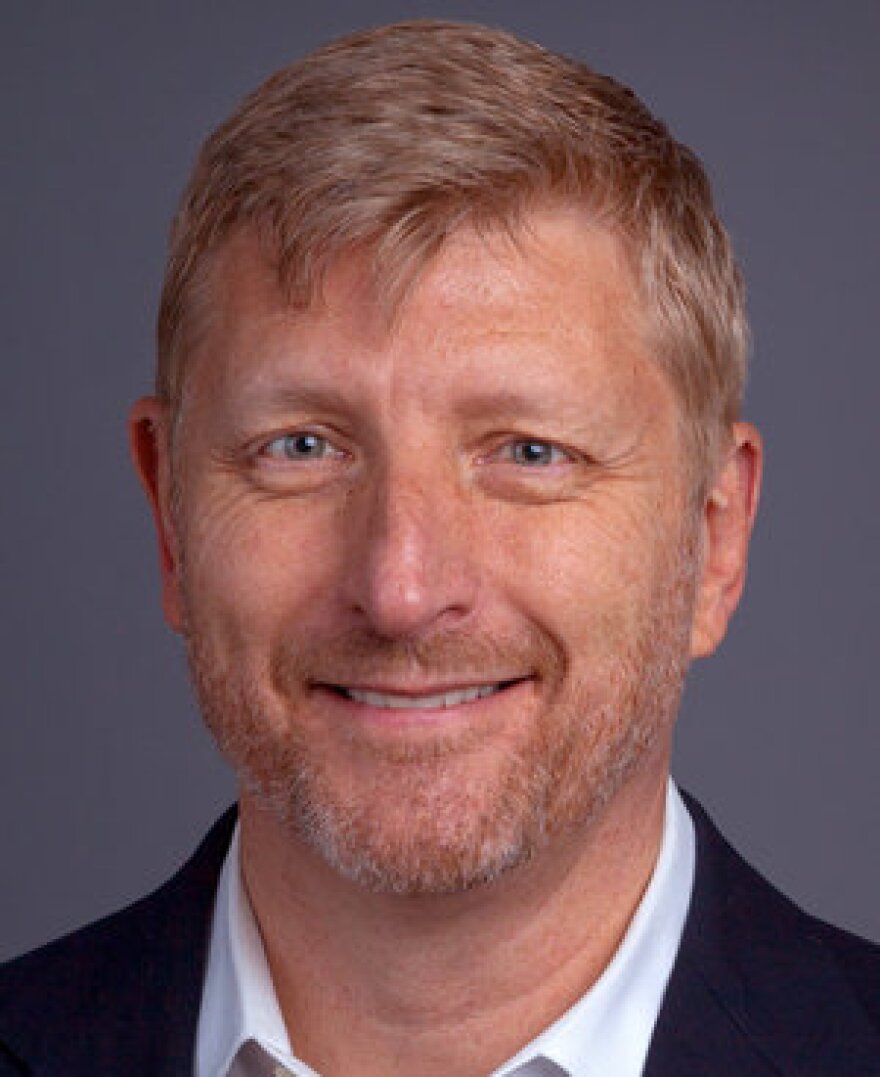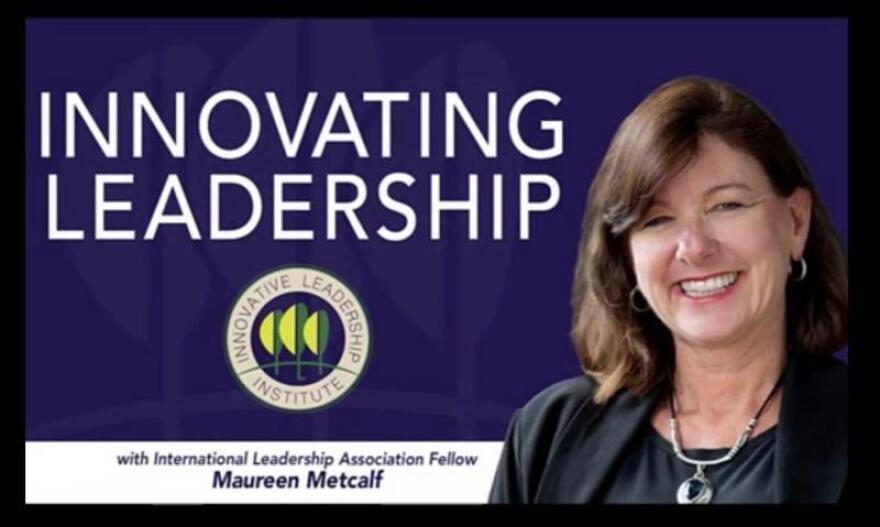Several of the Innovative Leadership Institute’s certified facilitators have taken the concepts that they learned from a 9-month program and applied them to their business functions. GraduatesTom Grote and Christoph Hinske join Maureen to discuss how they have extended the program content, and built a values-based systems mapping technique that helped shape both of their professional and personal journeys.

Thomas Grote is chief catalyst for the Edge Innovation Hub, an ecosystem dedicated to building principle-based businesses that lead with love and drive food innovation to the edge of possibility. Thomas grew up working with his parents and siblings at the first Donatos Pizza shop. As chief operating officer, he helped grow the family business from one restaurant to a regional chain which the family eventually sold and then later repurchased from McDonalds. He opened Central Ohio's first visible and welcoming LGBTQ+ themed restaurant, and helped found a non-profit, Equality Ohio, to advocate for equity and inclusion in his home state. Thomas also served as chief financial officer for a UK based biotech company focused on commercializing plant-based chemicals. Thomas graduated with a finance degree from Miami University, and earned his MBA from the Wharton School at the University of Pennsylvania. He resides in Columbus, Ohio, with his husband and two daughters.

Christoph Hinske is an associate professor at the School of Finance and Accounting at SAXION University of Applied Sciences, covering Systems Leadership and Entrepreneurial Ecosystems. In his work, Christoph observed that rapidly transforming economies force leaders to be systemic since they need to act in complex, ambiguous ecosystems. Consequently, his research focuses on empowering leaders to change their strategic and operational models from linear to circular to ecosystemic. He observed that 80% of organizations, intending to transform their models to be more systemic, continue doing the old stuff, using new fancy words. They still apply the same tools, mindsets, and frameworks developed to build linear success.





